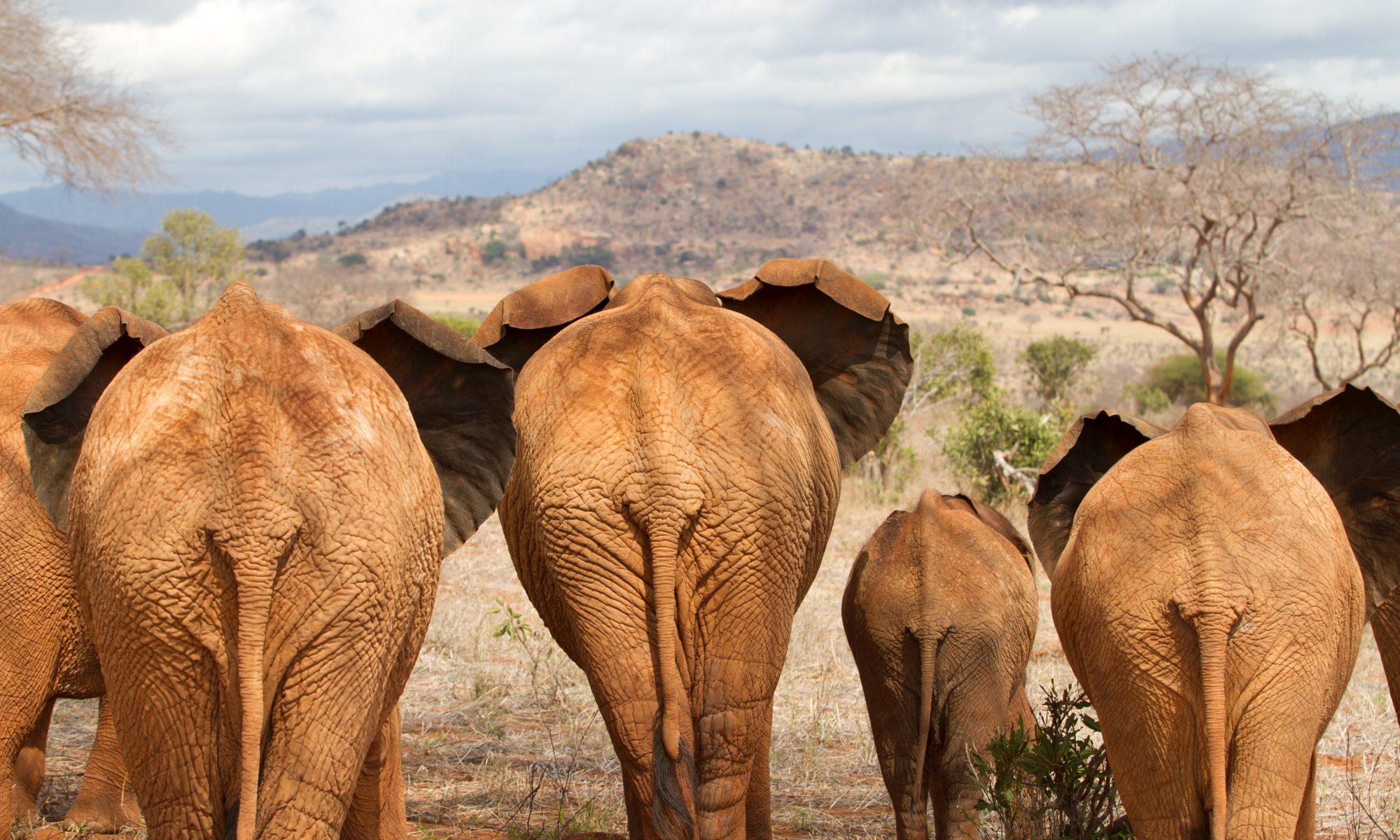
HASSAN HUKA | Nation Kenya Wildlife Service officers inspect some of the 81 tusks recovered from a saloon car along the Isiolo-Meru highway on Friday night.
By HASSAN HUKA
Three suspected poachers have been arrested and 81 elephant tusks worth Sh2.5 million recovered by Kenya Wildlife Service officers following a crackdown on illegal wildlife trade.
The suspects were found in possession of the trophies in their saloon car as they headed to Meru town after picking the consignment from a house in Nthugi village, along the Isiolo-Meru highway on Friday night.
The officers had been tracking the traders for more than two months, according to a KWS intelligence officer who declined to be named as he was not authorised to speak to the press.
They also recovered two rhino horns, 6 rounds of ammunition, two night-vision binoculars, two rangers’ uniforms and a rifle scope.
Tourism circuit
The three who were caught are suspected to belong to a gang of poachers operating in the northern tourism circuit, which includes Mt Kenya Forest, and Isiolo, Meru and Laikipia districts.
According to KWS deputy district warden Maureen Musibu, 41 elephants in the circuit have been killed by poachers over the last several months.
“We lost 20 rhinos across the country but in this region (northern circuit), poachers killed nine over the past year, but we had a breakthrough yesterday and managed to recover the consignment,“ added Laikipia senior warden Aggrey Muamo, who was among the intelligence officers tracking the suspects.
Because of the huge haul impounded, the officers had to ask for assistance from wardens in the Aberdare and Meru national parks to cart the tusks away.
The suspects had state-of-the-art technology, including binoculars with powerful night-vision capabilities to enable hunting at night. They also had a rifle scope, which is mounted on a rifle to enable a hunter to aim at a target with precision.
Digital weighing machines and poisoned arrows, used to kill wildlife without alerting wardens on patrol or scaring away other animals, were also recovered from the car.
Heritage
One of the suspects, believed to be the leader of the gang operating in the region, has a case pending before the Kibera law courts on charges of poaching, according to Buuri DO Michael Kibet.
“Wildlife is this country’s heritage and the government will not allow a few individuals to reap from where they did not sow,“ Mr Kibet said.
The maximum sentence one can be given for killing endangered animals is a Sh40,000 fine or four years in jail.
Source: www.nation.co.ke/News/-/1056/1085880/-/11g080ez/-/







